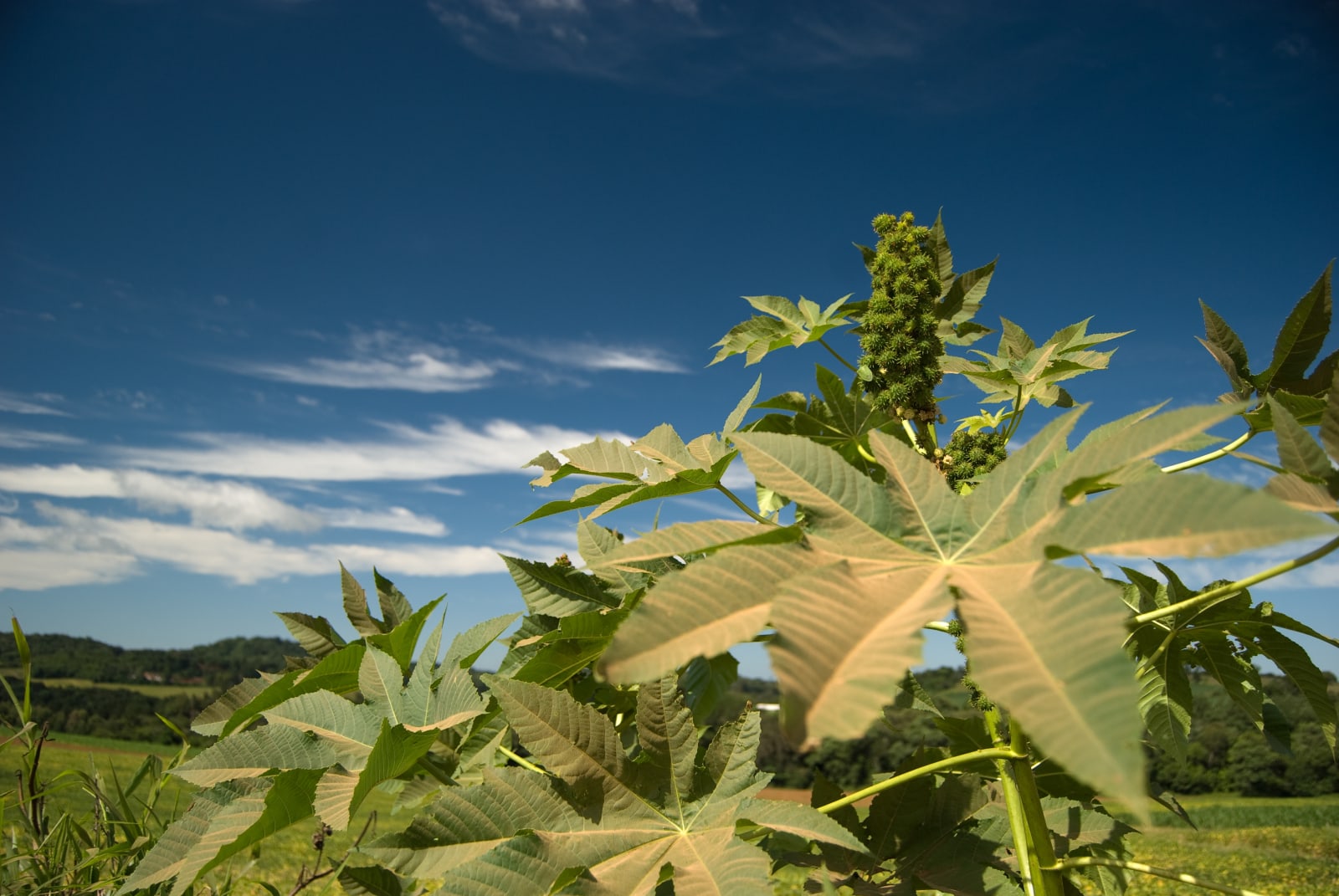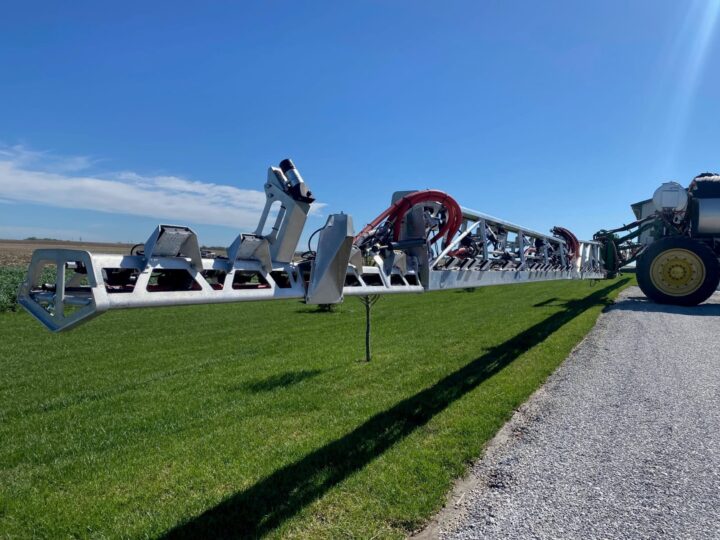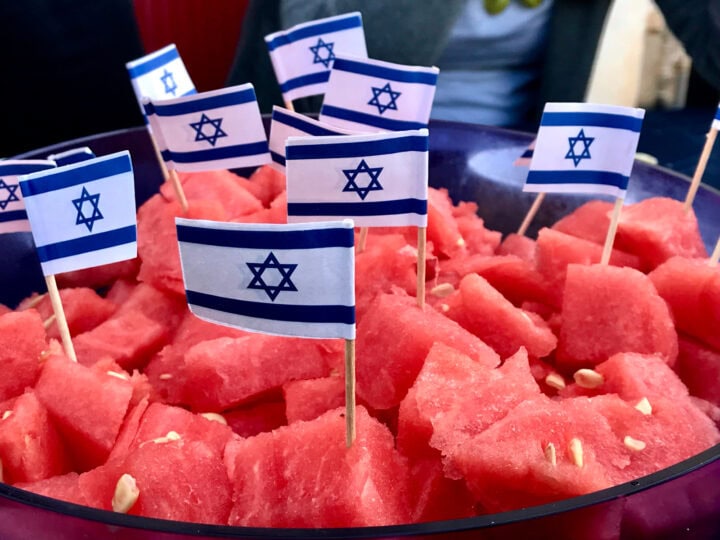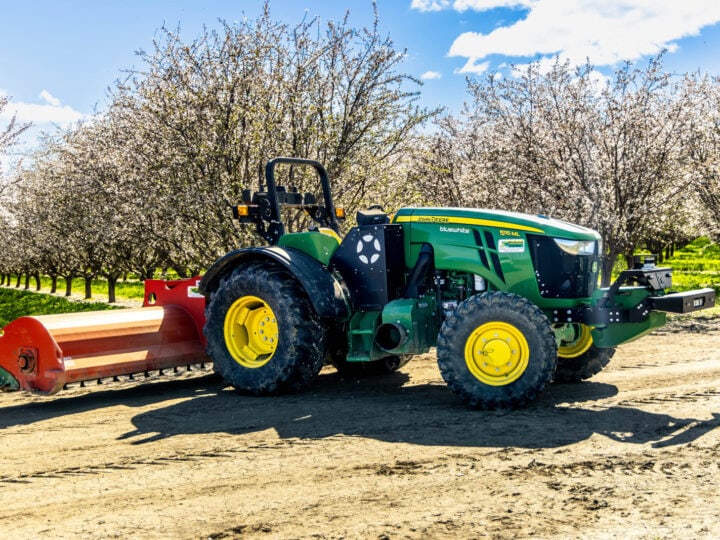As the world languishes in the heat of its own emissions, sustainable fuel sources have become a paramount priority. One of the sources which could have a major impact comes from a little plant: the castor bean.
Casterra, an Israeli biotech company based in Rehovot, is making significant strides in its efforts to grow castor bean seeds, which can be used as feedstock — the starting material or ingredient used to make biofuels and biopolymers.
In a recent announcement, Casterra revealed the signing of strategic agreements with both existing and new seed producers in Brazil and Africa. These agreements aim to enhance the company’s production capabilities of high-yielding, high-oil castor seeds.
The agreements are expected to contribute approximately 400 tons to Casterra’s production output in 2024 while establishing a long-term production infrastructure. By expanding the network of seed producers across various locations, Casterra aims to mitigate the risk of single-source dependency.
“These agreements strengthen our supply chain and mark a strategic change towards diversifying our production sources,” said Casterra CEO Yoash Zohar. “Casterra intends to continue to seek additional seed producers to engage with in 2024, to support ongoing seed production.”
Utilizing advanced breeding methods and modern tech innovations, Casterra focuses on creating cost-effective and sustainable feedstock options.
With a diverse genetic asset base sourced from over 40 geographic and climatic regions, Casterra aims to optimize plant genomics and agricultural techniques to enable efficient and environmentally friendly castor bean production at scale. The company’s seeds are characterized by cleanliness and a high germination rate of around 90%, surpassing industry benchmarks.
“Ensuring a reliable and sustainable supply of castor seeds is crucial in meeting the evolving demands of our customers while contributing positively to local economies,” said Zohar.
“Casterra intends to continue to seek additional seed producers to engage with in 2024, to support ongoing seed production.”
Fighting for Israel's truth
We cover what makes life in Israel so special — it's people. A non-profit organization, ISRAEL21c's team of journalists are committed to telling stories that humanize Israelis and show their positive impact on our world. You can bring these stories to life by making a donation of $6/month.









